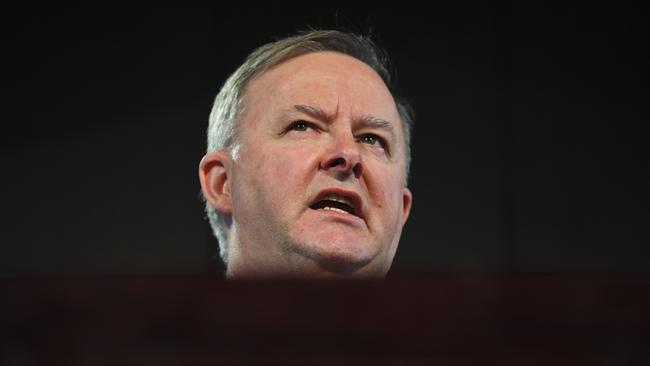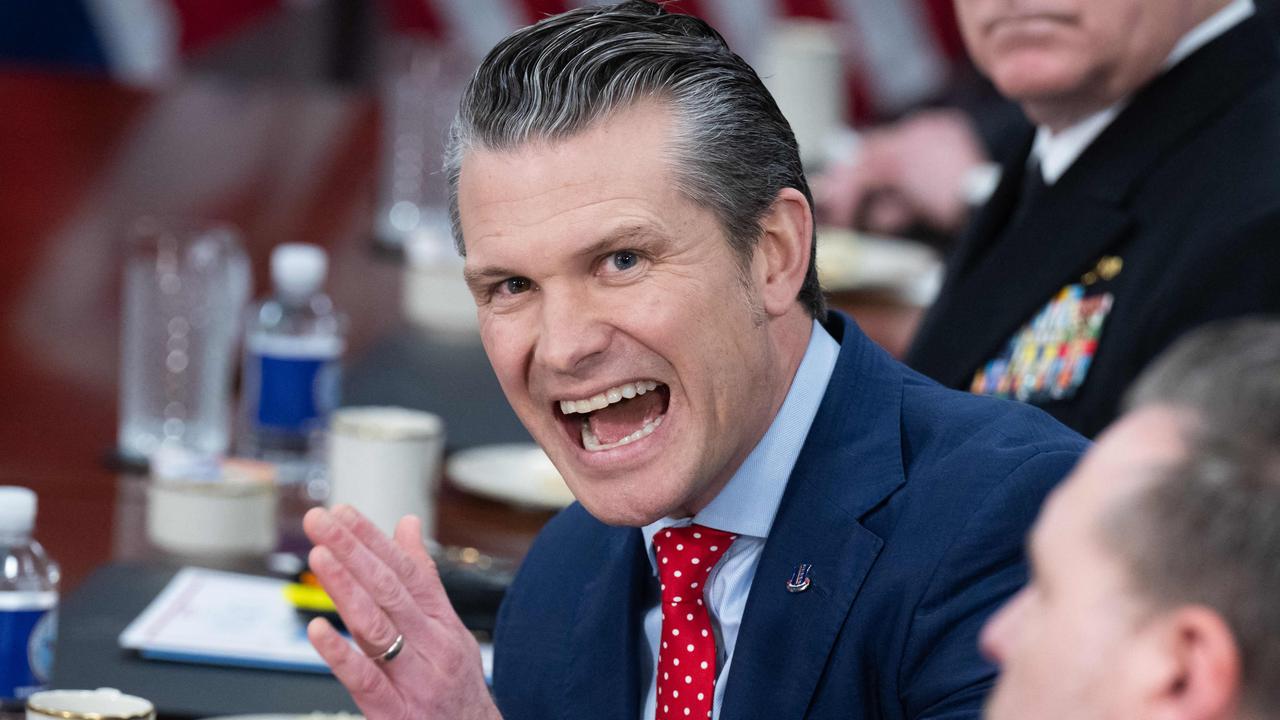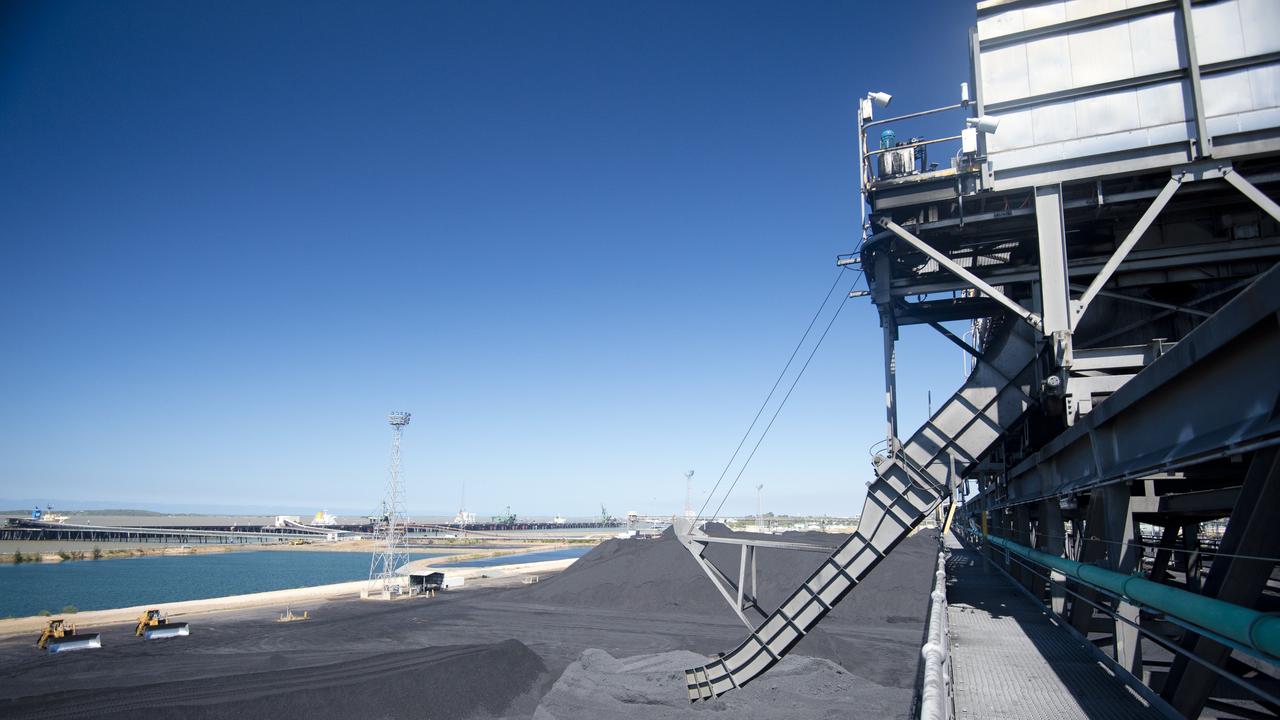
READ MORE: Newspoll: ALP draws level as drought hits hard | Confidence-boosting number for Labor leader
However, it is important not to overstate the significance of one poll. It’s merely a marker.
Albanese has been clear in his intent since the devastating defeat Labor suffered on May 18: make the government the focus, not the opposition, don’t get locked into policy positions too far out from polling day, and avoid falling into the trap of reacting to the politics of the day or week.
The Opposition Leader has repeatedly said he doesn’t want (nor need) to be Mr Popularity more than two years out from the next election. Rather, he wants to build momentum. Part of that process is returning to normal: governments being judged on their performance as the guiding principle when people vote.
We all know the old adage: oppositions don’t win elections, governments lose them.
The risk in such thinking is that if the government of the day performs well, an opposition becomes irrelevant. Albanese is willing to gamble that this Coalition government won’t live up to expectations.
In its third term he believes it won’t succeed in the weighty policy areas voters want outcomes in: reducing energy prices, presiding over a strong economy with adequate wages growth and job creation, and a drought package which does more than offer short-term handouts.
He also thinks that it will ignore enough policy scripts voters want addressed to appear out of touch in two-plus years’ time — on climate change action for example. And Albanese hopes that divisions between the Nationals and Liberals will work against the government’s pitch that it offers stability.
An important part of the Labor strategy is a decline in Scott Morrison’s popularity. That, however, is yet to take hold. The PM’s net satisfaction rating is positive three, even if Albanese’s is stronger at positive five. The Opposition Leader believes (and hopes) that it is only a matter of time before voters see Morrison as loose with the truth and arrogant.
Evidence is building that both these propositions have more than a little truth behind them, but voters are yet to agree. The same was true of Kevin Rudd, before voters worked him out.
In the meantime, Albanese doesn’t want Labor to be the focus of attention. Hence he won’t commit to policy specifics, making the point that by the time the next election rolls around too much will have changed — in the economy and perhaps voter attitudes — for the opposition to spell out policy scripts that become redundant, unnecessary or unpopularity in what is an ever-changing electoral climate.
In the meantime, Labor will work on addressing the specific problems which saw it struggle to win seats in WA and Queensland, doing so (Albanese hopes) without the baggage of policies already set in stone.
This has been Albanese’s strategy from day one. His critics have claimed it will result in his downfall. So far, however, it has succeeded in tightening the political contest, as the focus zeros in on the government, not the opposition.
But there is a long way to go.
Peter van Onselen is Network Ten’s political editor and a professor of politics at the University of Western Australia and Griffith University




The latest Newspoll is a vindication for Anthony Albanese’s approach since becoming Opposition Leader. The two-party vote coming in at 50-50 despite the release of Labor’s election review late last week is a sign that the political contest remains tight.